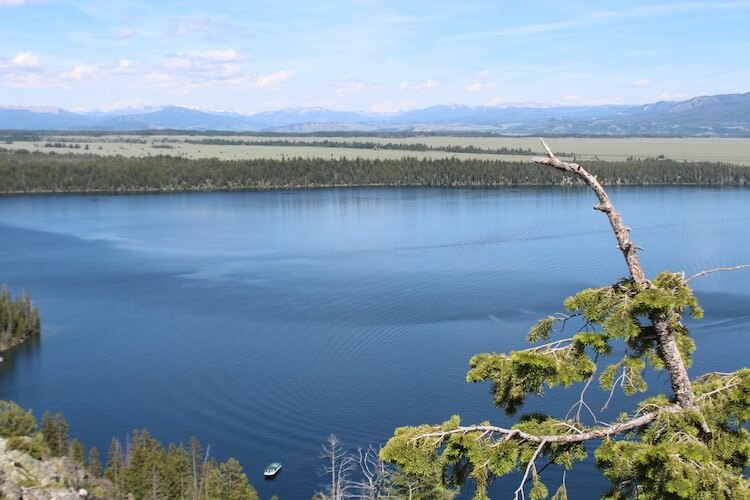
I recently was on a call where the collective team came up with three possible ways to help a customer solve a problem. Either of the solutions would have worked, but without getting the right people onto the call it would not have a very successful meeting. The same can be said for AIOps solutions. Without collecting the right telemetry and pulling it into a data lake from a variety of resources, you end up with a very limited solution set. Or what you do have only helps a small set of customers.
If you’re looking into AIOps to help enhance network visibility and problem solving, it’s best to understand what a data lake is and how it works in our space. AI is used in so many ways today that the results from a Google search can be daunting. Another factor to consider is cloud versus on-premises options. A vendor has access to much more valuable data when creating models where a cloud solution is used.
Vendors that primarily offer on-premises management run into issues where the data sits behind a walled garden, or customers must install physical collectors as the complexity minimizes a solutions use. Just having cloud-enabled infrastructure send telemetry into the cloud as part of the way things work simplifies things while enhancing its value. There is where AI-powered Aruba ESP, Central and our unified infrastructure play a role.
AIOps is built into every layer of Aruba ESP, so our data lake consists of Wi-Fi, wired, SD-WAN and endpoint / client telemetry for problem solving, network optimization and security use cases. Here's a few other things to consider:
- The data lake is more valuable when a variety of customer types are contributing – large, small, in-between, and from varying verticals.
- A university does not see the same behavior as a convenience store or large public venue, so the recommendations provided to troubleshoot a problem will differ.
- Endpoint or client data should offer the ability to leverage richer and more accurate profiling. It’s not all about finding a bad cable (which primarily happens in retail due to several environmental issues).
- A data lake should include an engine that is built to use the most relevant data. Just collecting data for the sake of doing it doesn’t help much.
Some additional resources that you may find useful:




